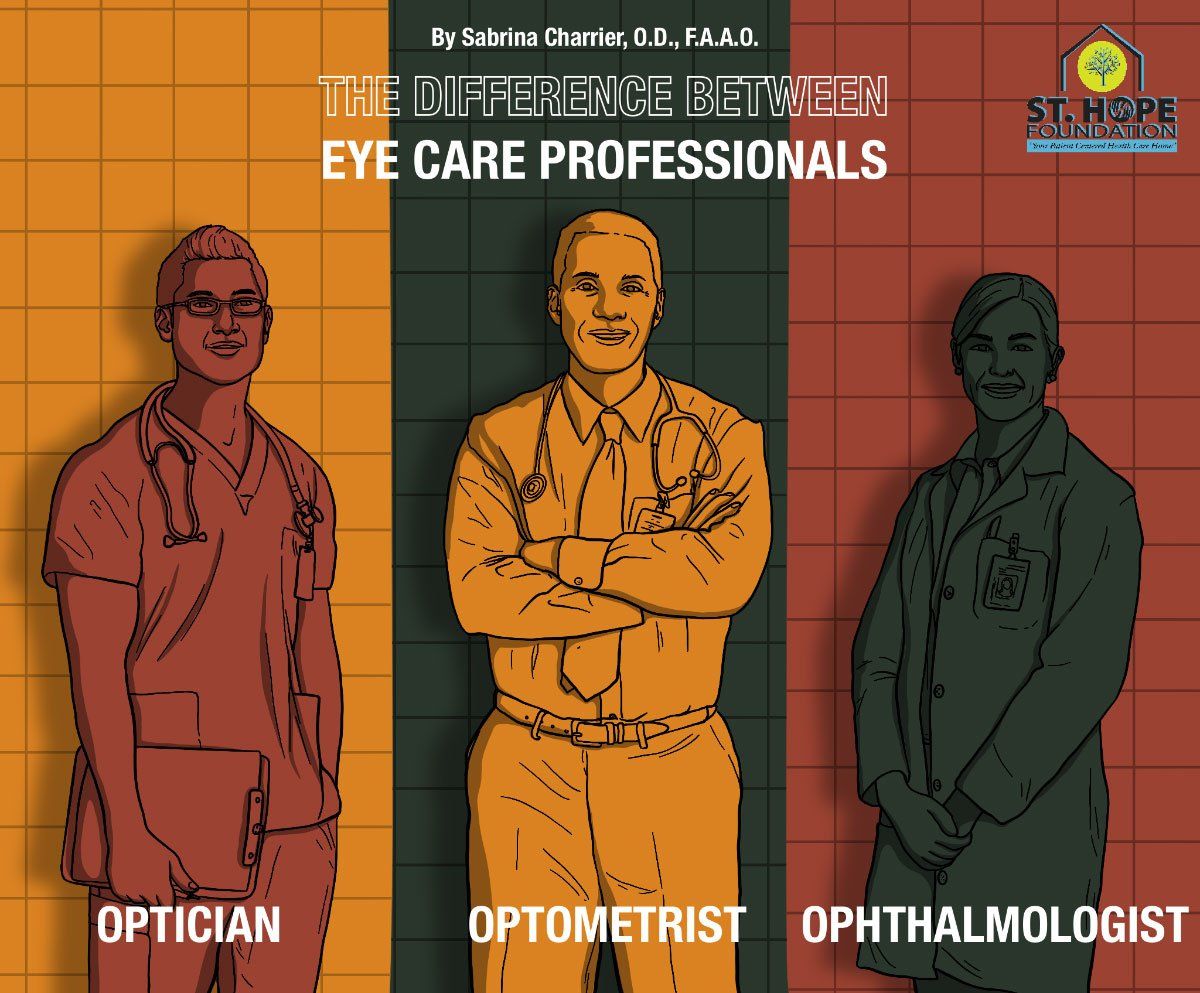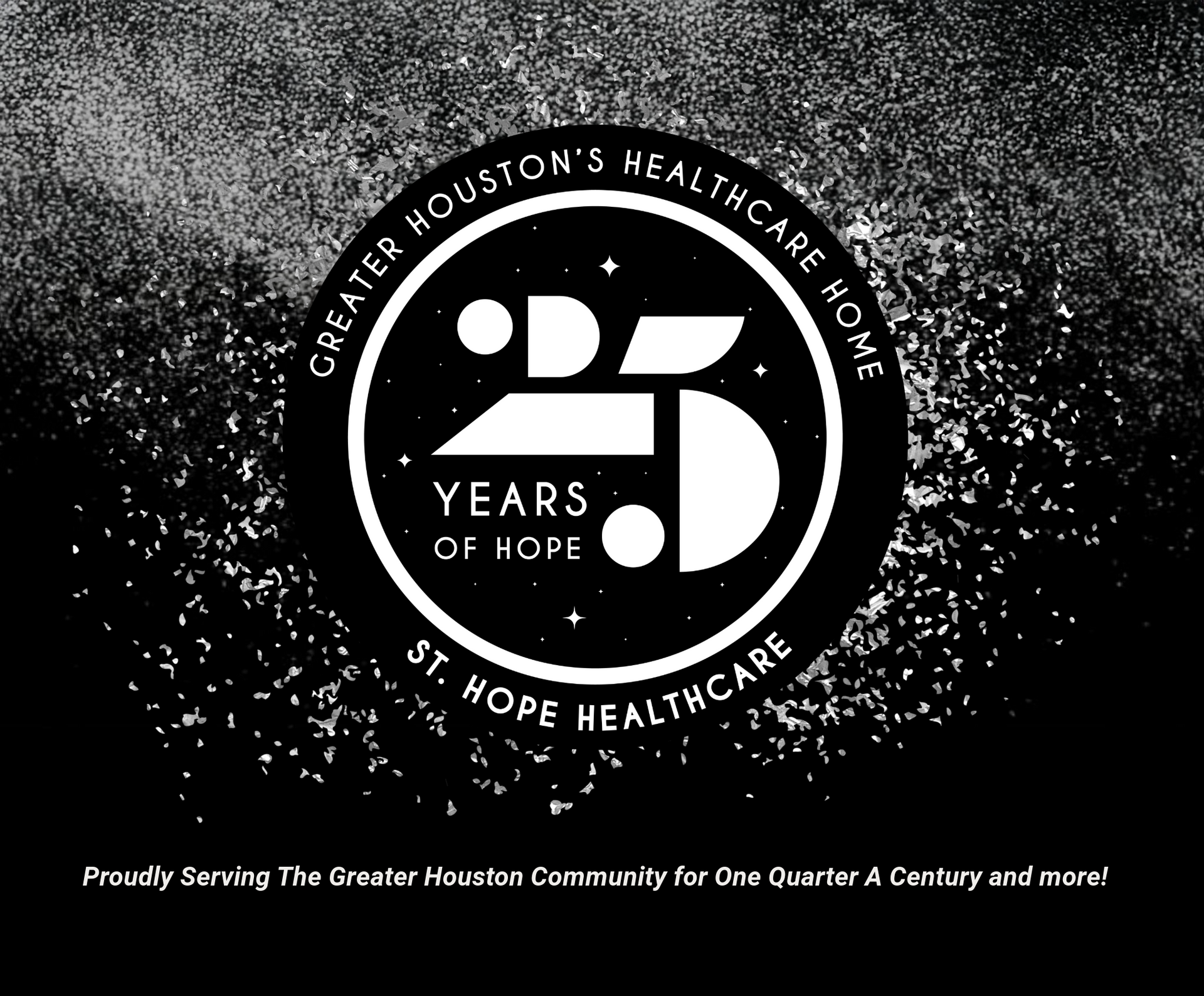Recent Posts
The Difference Between Eye Care Professionals

By: Sabrina Charrier, O.D., F.A.A.O.
I get asked all the time about the difference between optometrists and ophthalmologists. I’m going to discuss the differences between some eye care professionals you may get confused about.
Opticians
Opticians are professional technicians that fill your eyeglasses prescriptions. They take care of all your glasses needs including assisting with frame selection, grinding lenses for the glasses, and adjust the fit of glasses to your face. Opticians do not prescribe glasses nor give eye exams. They do not require a degree or extensive training. Many have on the job training and can have further certifications through the American Board of Opticianry (ABO).
Optometrists
This is the one that is near and dear to my heart (because this is what I am). Optometrists are your primary care specialists of the eye. They receive a Doctorate of Optometry, an O.D. This means they have completed 8 years of school including an undergraduate degree and doctorate degree. For four years in post-graduate work, optometrists concentrate on pathology, optics, and pharmacology of the eye as well as full-time clinical training. They have the option of completing a 1-2 year residency after graduating from optometry school. Optometrists diagnose, treat, and manage all diseases of the eye as well as are experts in prescribing glasses and contact lenses. Optometrists and ophthalmologists treat and manage eye diseases the same way except optometrists do not perform surgeries. In certain situations, optometrists will refer to ophthalmologists for major surgeries. Depending on the state, optometrists can perform minor procedures including foreign body removal, laser eye surgeries, and certain surgical interventions. Optometrists can specialize in different areas of the field including family eye care, cornea and contact lenses, low vision, pediatric, glaucoma, refractive technologies, vision therapy, academia, retinal pathologies, and other areas.
Ophthalmologist
An ophthalmologist is a medical doctor that is trained on eye surgeries. This means they have completed an undergraduate degree, medical school (an M.D.), and a residency. In medical school they spend four years learning how to be a medical doctor to treat the body and in their residency they learn specifically about the eyes. They can diagnose and treat, including surgery, eye diseases. They can prescribe glasses and contact lenses as well, although this is often done by their ancillary staff and given final approval with the doctor. Ophthalmologists can specialize by completing a fellowship in areas such as cornea, retina, glaucoma, pediatrics, neuro-ophthalmology, refractive technologies, oculo-plastic surgery, as well as other areas.
Your eye care is so important and all three areas work together as a team to take care of your eyes. The appropriate person for you to see depends on your needs. If you ever have any questions, however, we are available to help you at St. Hope.









